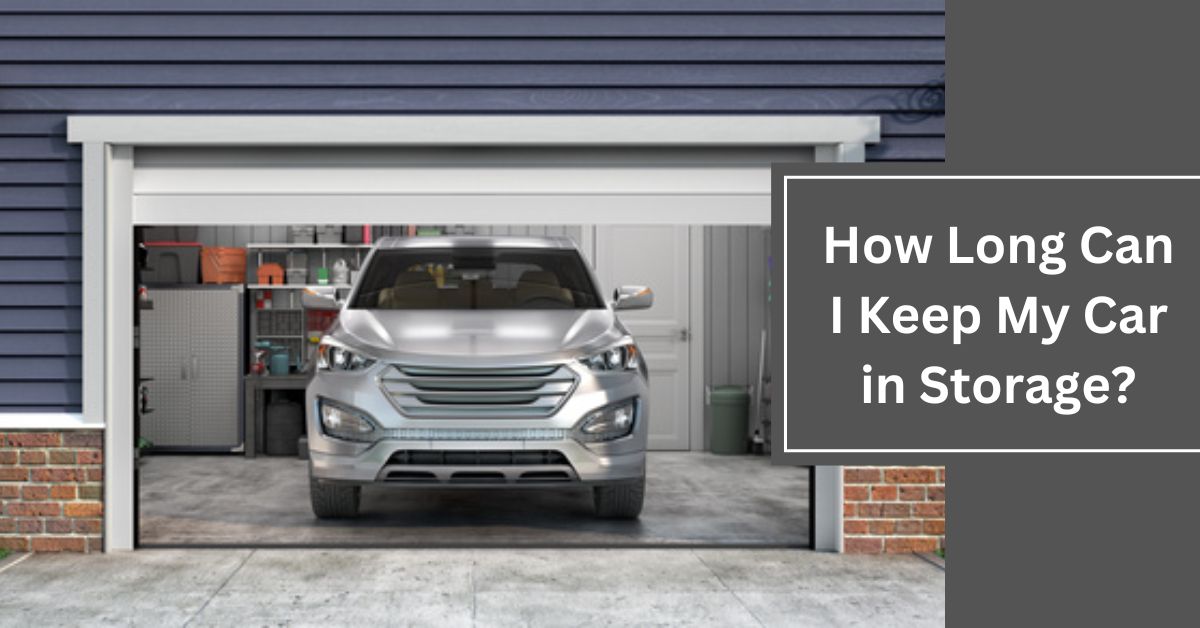How Long Can I Keep My Car in Storage?
If your going on vacation, or traveling for work, you may want to find a safe and secure place to store your car. A storage unit can protect your car from theft and extreme weather. Before choosing reliable storage for cars, you might wonder if these facilities have a time limit for keeping vehicles. Here’s more information about the length of time you can keep your car in storage.
Keeping Your Car in Storage
A storage solution provider will allow you to keep your car in their facility for any length of time. You can pay for short-term or long-term storage solutions. The storage period can last weeks, months, a year or even longer.
With adequate preparation, your car will remain in good condition throughout the storage period. You’ll also need to check the condition of the storage facility to see if it meets the required standards. Clean and well-maintained storage for cars will keep dust and other debris away. Check if the units are climate-controlled to protect your car against extreme temperatures.
Whether you want short-term or long-term storage, review the facility’s storage options to choose one that caters to your needs. Indoor car storage is ideal for classic and luxury cars, and a better option for individuals who want to store vehicles for extended periods. Indoor car storage protects your car from harsh weather conditions, maintaining it in top condition.
An alternative to indoor storage is covered car storage. It is more affordable and shields your car from sunrays, hailstorms, and snow. Outdoor car storage can be an excellent option if you want to store your car for a few weeks or months. This storage for cars is reliable in areas experiencing mild weather.
Preparing Your Car for Long-Term Storage
If you plan to store your car for months, a year, or longer, you’ll need to prep it thoroughly. The goal is to keep the car in good shape and help it run optimally after taking it out of the facility. Here are the tips to help you prep your car for long-term storage:
- Clean your car: Cleaning your car before taking it to a storage facility helps protect its structural integrity. Remove any dust, dirt, and debris, as they might wear down the car’s metals and paint during storage. You’ll also need to clean the interior.
- Disconnect the battery: Upon parking your vehicle in storage, disconnect the battery’s negative terminal. Some cars require the removal of batteries. Your owner’s manual will let you know if you should disconnect or remove the battery.
- Add a fuel stabilizer: Fill the gas tank and add a fuel stabilizer. After adding the stabilizer, drive the car for a while to let it circulate in the fuel system. A fuel stabilizer will prevent gasoline from breaking down during storage.
- Change engine oil: Dirty or contaminated oil accelerates engine corrosion. Check the oil condition before driving to a storage for automobiles. If the oil appears dirty or discolored, it’s time to change it.
- Check the tires for leaks: Leaking tires can go flat and become rigid over time. Hire a mechanic to check your tires for leaks and repair or replace them.
Seek a Reliable Storage for Cars
A storage unit or parking space provides a safe and secure place to store your car, both short-term and long-term. Examine the storage unit and pay attention to the security measures employed. If you want long-term storage, choose a unit that protects your car against extreme weather. Contact a storage solution provider today to keep your car safe and sound.







